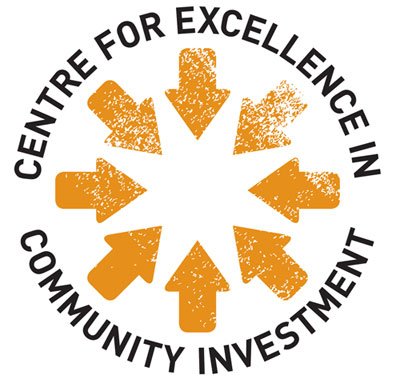
The view from: Bromford
Our blog series, The View From, explores how housing associations have been responding to the Covid-19 crisis. In this blog, Janette Vizard, Grants and Social Value Officer at Bromford, discusses her work with local charities and community organisations.
My role at Bromford involves working with numerous local charities, voluntary organisations, schools and different community projects across Gloucestershire. Before Covid-19, my work involved grant advice and training, and helping projects maintain their processes as fit for purpose, so that might be compliance or governance training.
The projects cover everything from sports centres to small community organisations. One thing that has united them all since Covid-19 is funding, or rather the lack of funding. Most charities were told to shut their doors and that was that.
They had to close up, cancel all their fundraising activities and saw any income they might get from room hire stop overnight. Although the Government announced £750 million in funding for charities to ameliorate against the impact of Covid-19, most of this funding was for on the ground emergency response and most of the people I work with didn’t benefit from the fund.
These smaller projects or charities are usually run by one project manager who does everything. They manage their facilities, arrange activities, coordinate volunteers and staff and are also in charge of compliance and governance. It can be a lonely job.
As charities start to think about re-opening or re-mobilising, we’ve developed a checklist to support them – and which we’re happy for others in the sector to use.
There’s no one size fits all for this, because from day centres to sports halls to charity shops to community centres, they’re all different and all will have different requirements. Some will have cafés, some use public transport, others will use their own transport, so each will need their own individual risk assessment.
The checklist is to help people think everything through. For example, everyone has to have a risk assessment when they remobilise, based on their employees returning to work. This means you’ll need to think about toilets, for example – you might need to block some of them off because of social distancing. Or you might, like many organisations, choose to just keep a disabled toilet open.
Charities will need to evaluate the risk and then look at the government guidance to see what sort of regulations they’re suggesting, and then compile their risk assessment. Then they’ll need to print out the risk certificate. There’s a risk assessment template in the checklist.
A lot of the regulations might not be available yet, so some of this work will be guess work, using whatever guidance there is to inform people’s own unique circumstances.
There’s an expectation that small charities, if prepared, could open on 4 July, subject to the R rate. So they’ll need to get themselves ready, understanding requirements around PPE, screens, signs, as well as developing the risk assessment – if you’re the only person, this will be a tall order.
The checklist provides people with some answers, some suggestions and some support.
For example, if you haven’t been in your building for the last 12 weeks, before you make a cup of tea you should definitely check with a professional to see whether a Legionella test is required.
You should also check your insurance and make sure that it’s still valid – you never know, you might get a discount. Some of the projects I’m working with have been given a three-month discount, so it’s worth checking.
The checklist also contains lots of links to further advice. A word of warning, though: this advice is constantly changing, so you’ll need to keep on checking it.
We hope the checklist will help smaller charities and voluntary organisations to get back to work sooner, without encountering too many unforeseen problems. There’s a lot to consider, but with the checklist, the path to re-opening should be a bit smoother.


